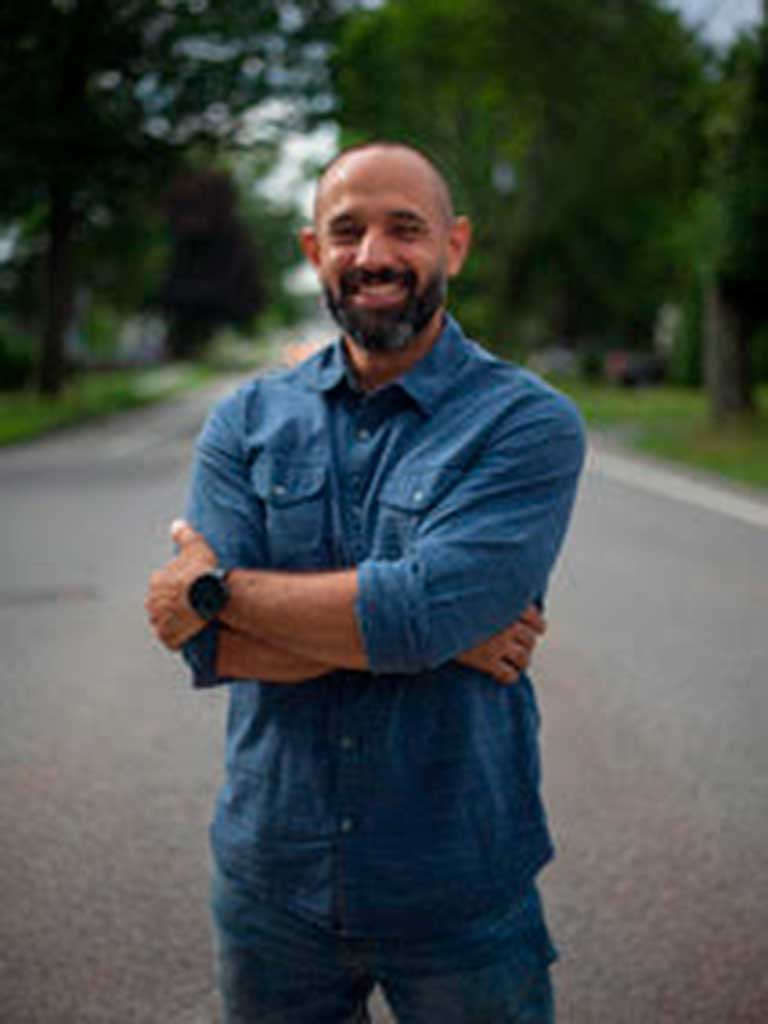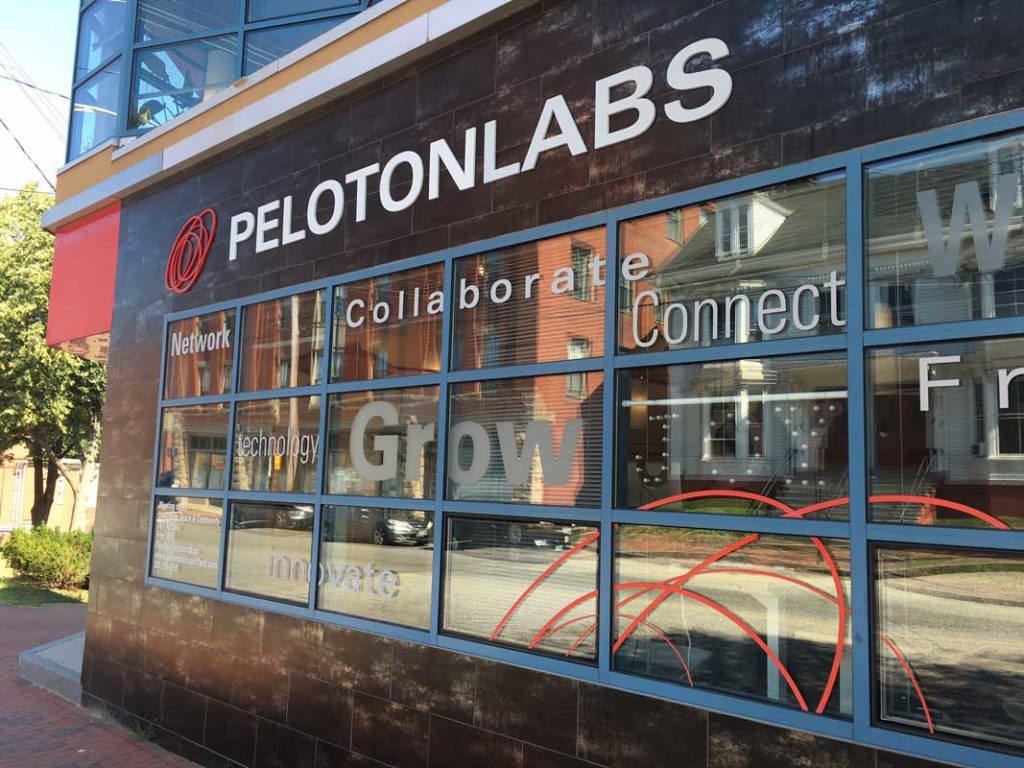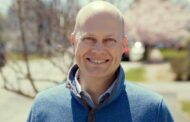
Roberto Rodriguez: Hearing more voices in local government
Every month PelotonLabs co-founder Liz Trice interviews a local community member. This month, Liz caught up with Roberto Rodriguez, who just got elected to the Portland City Council.

Congratulations! You had a tie and recount – that must have been harrowing!
The joke is we took the scenic route, and definitely got a different view!
What’s your background?
I was born in Puerto Rico in a big family that was very communal: every family event had lots of friends and neighbors around. I moved to Mexico when I was ten for three years. Then moved to Miami when I was thirteen. I lived there through my late twenties and met my wife there who was born in Portland. We moved to Maine in 2011 when my youngest daughter was around two years old because we wanted to settle down somewhere with a slower pace of life, where we could be an active part of our community.
I love Portland. When we moved here, I was a physical therapy assistant, my wife is an occupational therapist, and we didn’t have any friends or family here. So, I went through a list at the Department of Health and called other physical therapy assistants to ask them what it’s like here, and one person talked to me and helped me a lot! Wendy helped us find a house to rent, a job… she hooked us up with everything. She was so welcoming and helpful, even though she just met us!
Why did you want to be on the council?
I never had aspirations for politics. I had met Pious Ali around the time that he ran for city council in 2016, and when his seat on the school board became open, he asked me if I would be interested in running. When we had moved to Portland we set the intention to be involved in the community, and it seemed like a good way to get involved. So I spent five years on the school board at-large.
Fundamentally, the same problems that keep our students from thriving in schools are the same inequities we see in larger society: access to housing, health care, child care… The schools cannot manage them, and the council seemed like a place to address them with a wider reach.
What are your proudest moments on the school board?
I look at those five years with a very positive lens. I learned so much. Schools are fundamentally what connect our communities, and I saw that. I’m proud of the relationships I developed with the superintendent, teachers, admins, ed techs… because when we were in board meetings, I could speak with knowledge about what was going on. I’m also proud of how good the dynamics on the school board were. We did a bunch of exercises to develop good communication habits, became well aligned, and committed to the comprehensive plan, and were able to speak clearly through policy and budgets.
What are your top priorities for your time on the council?
When we speak about racial equity and justice, it’s not a category; it’s a fundamental way we look at all issues: housing, zoning, education. For example, this week we accepted a grant from the Department of Justice for the police to be trained in de-escalation. Typically, that’s something that gets passed without dialogue, but Monday night there were a lot of questions and thoughtful dialogue about the nature of the program, all through an equity lens.
The Recode process is a big opportunity to assess how we’re going to address housing issues. The City released the first major work product of ReCode Phase II – the Land Use Code Evaluation. The code evaluation focuses on how the City can change its land use plan to be in alignment with other plans, like how the code could encourage more equitable housing creation, foster climate change resilience, and support transportation choice.
I hope to create a standing committee so that there is frequent public input and updates to the council. I want us to be thoughtful about how transportation fits into our climate change plan, and commitment to pedestrian access and safety in neighborhoods. The recent changes at Woodfords Corner were supposed to improve pedestrian safety, but there’s so much missing – it felt like, “How can we move people around the cars?” rather than the opposite. I used to see clients at Portland Center for Assisted Living every day. They’d love to be able to get out in the neighborhood, but it’s too difficult for people walking, especially if they’re disabled in any way.
What do you see as having the most potential for change in housing and transportation?
The Riverside area has been industrial, and the attitude is that it doesn’t need to be livable, and that’s an outdated view. We need to open that up to housing and make it so people can walk or take a bus to jobs in the industrial areas.
We want to make sure that we’re inclusive and hearing more voices in local government, and acknowledging that there are always voices missing, and there’s an element of privilege of who gets to talk to public officials. At the Portland schools, we brag about sixty-two languages spoken in the homes of our families, but in five years, 100% of emails I received were in English. So, we have to go out of our way to hear more voices.
More Information
Contact Roberto Rodriguez at: (207) 450-9729, rrodriguez@portlandmaine.gov
Read about Recode Portland and give feedback at: https://www.recodeportland.me.

PelotonLabs is a coworking space in the West End of Portland, Maine. PelotonLabs mission to connect and encourage people working on their own to manifest their visions without fear.
PelotonPosts is created by PelotonLabs. WEN provides column space without charge. PelotonLabs has been a paid advertiser. WEN publisher and editor Tony Zeli is a coworking member at PelotonLabs.





